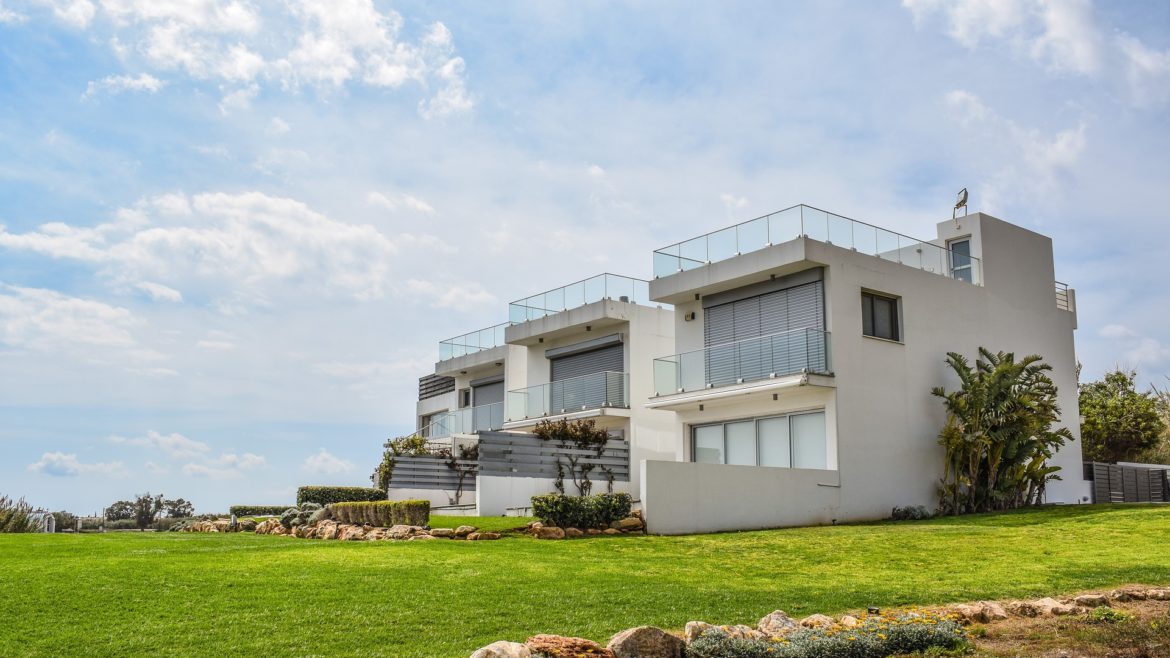Development activity from the accounting side
Many people thinking about starting a development activity wonder what such activity looks like from the accounting point of view. In this way, costs and revenues are settled in it and what accounting laws are in force therein. Starting from the beginning, you should clearly define what a real estate development activity is. According to the regulations, it is an economic activity consisting in the construction or reconstruction of residential buildings and not only for the purpose of selling them in whole or in part. It can be conducted as the main activity or one of the elements of economic activity. In the second case, the developer is both the investor and the contractor who carries out the investment.
The object of business activity of the is the construction and profitable sale of apartments or buildings. Depending on the characteristics of the building, it can be sold to a few or one person. According to the rules, the sale of real estate should take place before the end of the investment. Most often, apartments and buildings are built on the basis of a developer agreement. This contract is intended to sell the premises together with the transfer of ownership to the buyer. Development agreements may be concluded as:
- Sale of a finished flat or real estate – in the event that the developer is obliged to purchase all materials and complete the investment.
- Construction service – in which it is the buyer’s responsibility to provide adequate resources for the construction of real estate.
- Provision of development services – which include the management of the property once it has been built.
Developer’s accounting settlements
During the duration of individual , revenues from the sale of apartments and objects created in the course of the investment should be reported separately for each of them. As well as costs incurred with the construction of a given property. In the case of the sale of a finished product as in the second point above, the date for which the revenue is earned is the date of concluding the real estate sale agreement. All costs are divided depending on the needs for individual apartments or the entire investment.
Very often, invoices documenting the costs related to the investment are delivered to developers with a delay. However, they are still included in the costs of obtaining revenues.
Residents’ advances and VAT
A very common situation is when buyers make advances to the developer for future apartments that are to become their property. The question then arises whether such payments should be settled in the Tax Office or not. This is most often why decide to open an escrow account. Any funds deposited into this account do not constitute the property of the developer and cannot freely dispose of them. These types of payments are not final and there is a risk that they will have to be returned to the payers. Under the law, such payments do not constitute advance payments or any other form of payment for the services provided, therefore no tax is charged on them until they are fully transferred to the developer. So generally speaking, the VAT obligation for advance payments made by future residents does not arise when they are paid to the escrow account, and when they are released from the bank. This release usually takes place after the premises are handed over to the buyer.
What is the cost of real estate and what is not
Tax regulations precisely regulate the scope of what is the cost of producing real estate, such costs may include, among others:
- taxes of any kind on the property or land use on which the investment is to be made
- external financing costs, i.e. all kinds of costs related to, for example, a bank loan taken out in order to carry out an investment
- costs related to construction breaks, i.e. all kinds of costs related to the heating of buildings, its protection, as well as security when work on the facility is stopped for various reasons.
In addition, the regulations also clearly define what costs cannot be included in the production costs are:
- costs related to the sale of real estate, i.e. all kinds of costs related to advertising and marketing of the premises created as part of the investment
- overheads such as business trips, lunches and the like
- maintenance costs of the property after its construction, that is, all costs related to the operation and management of a ready-to-use property.
All costs and revenues in the development activity take place on the day when the real estate is handed over to buyers and put into use. This date is also known as the completion date of the development project. Accounting for development activities is not an easy task, therefore, qualified accountants should be employed for this purpose, who will make sure that all types of settlements and documents are carried out correctly.





